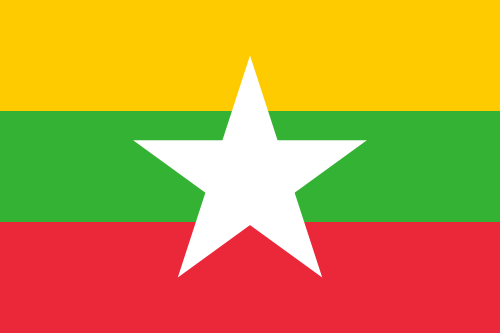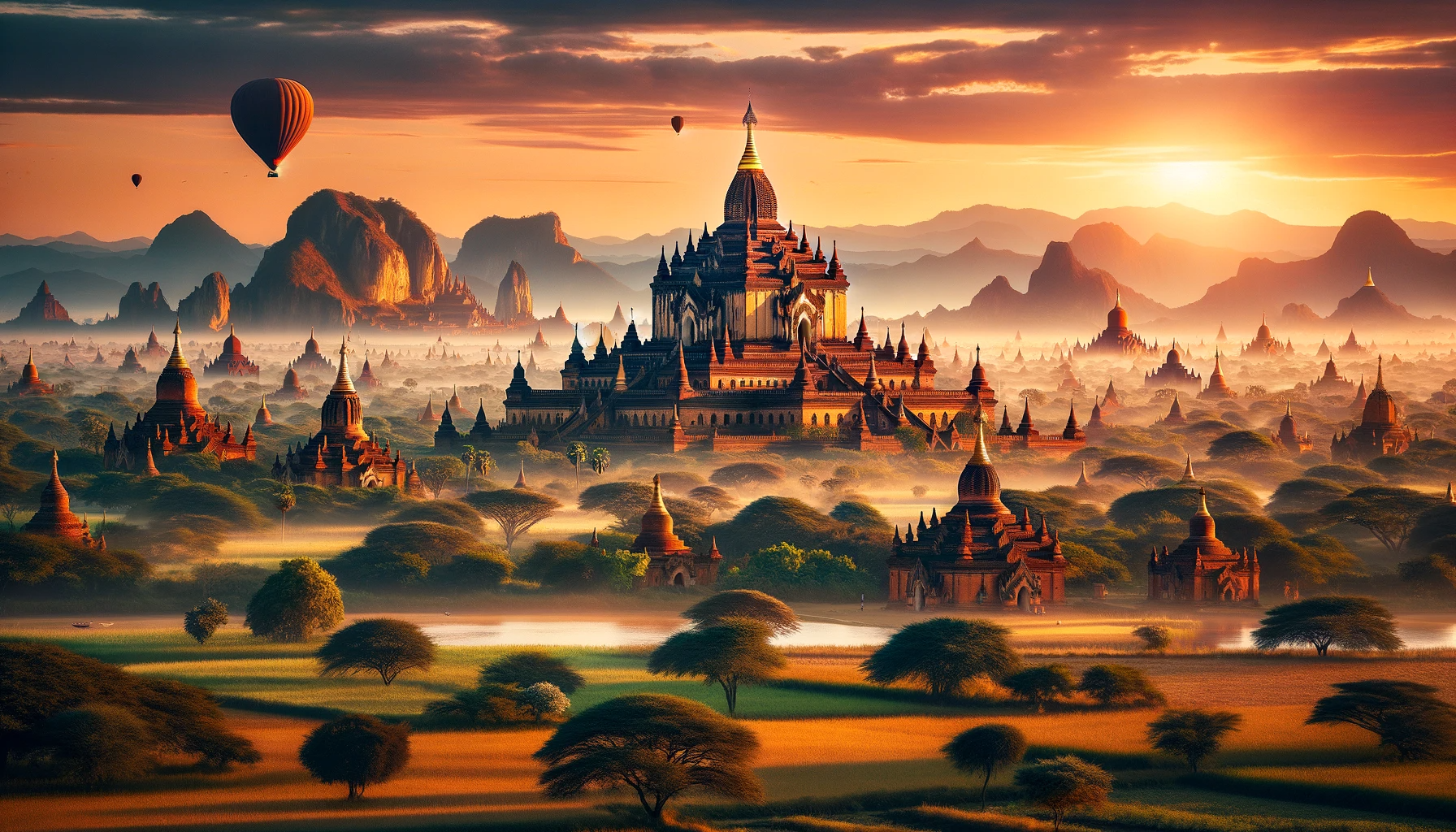Myanmar is a country with a complex history, diverse cultural heritage, and rich natural landscapes. It continues to navigate its path towards political stability, economic development, and social cohesion.
List of Public and National Holidays in Myanmar (Burma) for the year 2024
- New Year’s Day: Monday, 1 January 2024
- Independence Day: Thursday, 4 January 2024
- Kayin New Year: Thursday, 4 January 2024
- Union Day: Monday, 12 February 2024
- Peasants’ Day: Saturday, 2 March 2024
- Full Moon Day of Tabaung: Sunday, 24 March 2024 to Monday, 25 March 2024
- Armed Forces Day: Wednesday, 27 March 2024
- Thingyan Water Festival: Saturday, 13 April 2024 to Tuesday, 16 April 2024
- Myanmar New Year: Wednesday, 17 April 2024
- Labour Day: Wednesday, 1 May 2024
- Full Moon Day of Kasong: Wednesday, 22 May 2024
- Martyrs’ Day: Friday, 19 July 2024
- Full Moon Day of Waso: Saturday, 20 July 2024 to Monday, 22 July 2024
- Thadingyut Full Moon Day : Wednesday, 16 October 2024 to Friday, 18 October 2024
- Full Moon Day of Tazaungmone: Thursday, 14 November 2024 to Friday, 15 November 2024
- National Day Myanmar: Monday, 25 November 2024
- Christmas Day: Wednesday, 25 December 2024
- Kayin New Year: Monday, 30 December 2024
- New Year Holiday: Tuesday, 31 December 2024

History
- Ancient Kingdoms: Known for its ancient kingdoms, including the powerful kingdoms of Bagan, Ava, and Mandalay.
- Colonial Era: Became part of British India in the 19th century and experienced significant economic and social changes.
- Road to Independence: Gained independence from British rule in 1948 as the Union of Burma.
- Recent History: Has undergone significant political changes, including military rule, democratic reforms, and recent political turmoil.
Geography
- Location: Situated in Southeast Asia, bordered by China, Thailand, India, Laos, and Bangladesh.
- Diverse Terrain: Features a wide range of landscapes, from the Himalayan foothills in the north to coastal regions in the south. The Irrawaddy River is a key geographical feature.
- Climate: Tropical monsoon climate, with a rainy season and a dry season.
Culture
- Rich Cultural Tapestry: Influenced by various cultures, particularly those of neighboring India, China, and Thailand.
- Religion: Predominantly Buddhist, with significant influences on culture, art, and architecture.
- Traditions and Festivals: Known for its colorful festivals, traditional music and dance, and unique customs.
Economy
- Agriculture-Based: Historically an agrarian society, with rice as the main crop. Agriculture remains a key sector of the economy.
- Natural Resources: Rich in natural resources, including jade, gems, oil, natural gas, and timber.
- Challenges: Economic challenges include transitioning to a modern economy, attracting foreign investment, and developing infrastructure.
Society
- Ethnic Diversity: Home to a diverse population with over 100 ethnic groups, each with its own language and culture.
- Rural Society: Predominantly rural, with a significant portion of the population engaged in farming and traditional crafts.
- Education and Healthcare: Efforts are being made to improve access to education and healthcare, though challenges remain.
Environmental Concerns
- Biodiversity: Rich in biodiversity, with various ecosystems ranging from coral reefs to mountain forests.
- Conservation Efforts: Initiatives are in place to protect endangered species and natural habitats, but environmental challenges persist, including deforestation and pollution.
International Relations
- Global Engagement: Balances its diplomatic relations between neighboring countries and broader international partnerships.
- Regional Cooperation: Active in regional organizations such as ASEAN (Association of Southeast Asian Nations).
Tourism
- Tourist Attractions: Attractions include the ancient city of Bagan, the Shwedagon Pagoda in Yangon, Inle Lake, and beautiful beaches.
- Cultural Tourism: Offers rich cultural experiences, with opportunities to explore its traditional villages, Buddhist temples, and vibrant markets.
In summary,

